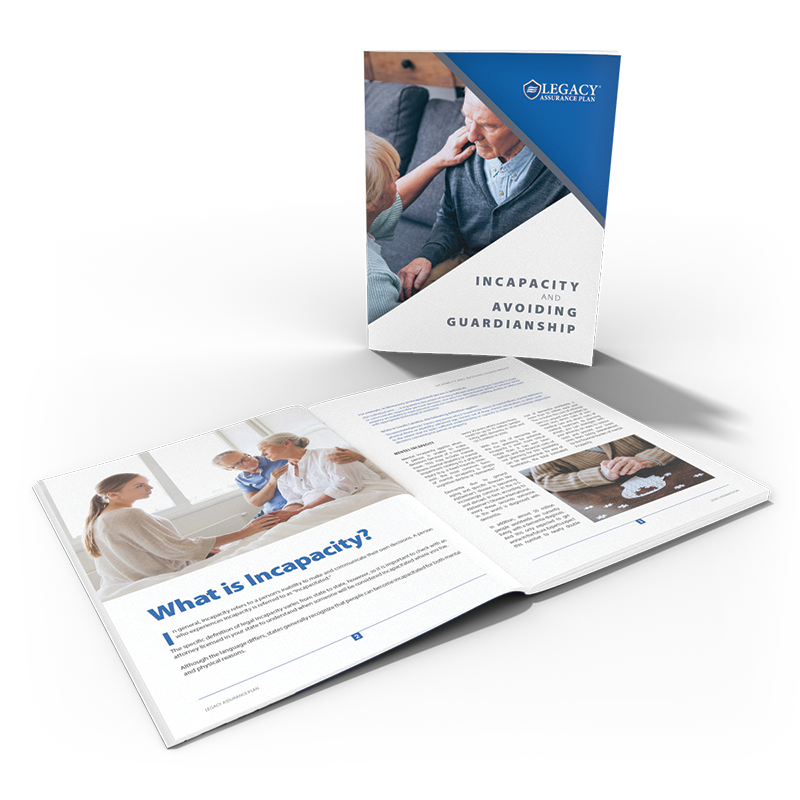Incapacity refers to a person's inability to make and communicate their own decisions. A person who experiences incapacity is referred to as "incapacitated." People can become incapacitated for both mental and physical reasons.
Mental incapacity applies when a person is unable to make decisions because of a cognitive issue. This may include mental illness, mental disability or mental impairment relating to a physical injury (for example, a head trauma). However, the most common form of mental incapacity is simple cognitive decline or "dementia."
Physical incapacity occurs when someone is unable to make or communicate their decisions because of one or more physical limitations. This includes physical deterioration or a physical disability that impedes decision making, but the most common form of physical incapacity arises when a generally healthy person experiences an unexpected debilitating illness or injury making them physically unable to communicate.
If you become incapacitated, a surrogate decision maker is needed. It can either be someone you select or a guardian who is appointed for you.
Documenting who has decision-making authority in the event of incapacity using a power of attorney is essential for ensuring your well-being is preserved. A failure to document a surrogate decision maker can affect your health, finances, family, partner and business.
The risk of failing to document who has decision-making authority on your incapacity is the imposition of a guardianship. A guardian, or conservator, is someone appointed by the court to handle the personal and financial affairs of someone the court has deemed incapable of managing them on their own. Typically, the court will appoint a spouse or relative. However, if you do not have a spouse or close relative nearby who agrees to serve in this capacity, then the court may appoint a distant relative or a professional guardian. Your failure to document your choice could result in a complete stranger having the authority to decide what is best for you and your finances while you are at your most vulnerable.



